Reps Probe $460m 'Ghost' CCTV Deal Amid Crime Surge
- by Editor
- Oct 22, 2025

Credit: Freepik
Nigeria’s House of Representatives has launched a fresh investigation into a $460 million Chinese loan earmarked for a citywide CCTV network in Abuja, amid mounting insecurity and public frustration over the project’s long-standing failure.
The probe, triggered by a motion from Rep. Amobi Ogah (Isuikwuato/Umunneochi, Abia State), aims to unravel why the 2010 surveillance initiative—intended to blanket the Federal Capital Territory with thousands of cameras—remains largely non-functional despite ongoing debt repayments. Ogah described the situation as a “lose-lose nightmare,” with Abuja facing daily kidnappings, robberies, and killings while the promised security infrastructure remains invisible.
The original deal, signed under former President Goodluck Jonathan, was part of a $600 million credit line from China Exim Bank. ZTE Communications, a Chinese tech firm, was contracted to execute the rollout. The concessional loan featured a 10-year grace period followed by low-interest repayments, and was hailed at the time as a high-tech solution to urban crime.
Fifteen years later, lawmakers say there’s little to show for it. “The impact of the CCTV is not felt in any manner,” Ogah told the chamber. “Rather than abating, the crime rate has soared.” He noted the absence of feasibility studies or execution reports, raising concerns over transparency and accountability.
The House swiftly adopted the motion, mandating an ad hoc committee led by Rep. Donald Ojogo (Ilaje/Ese Odo, Ondo State) to investigate the loan’s procurement, ZTE’s contract performance, the system’s operational status, and repayment records. The committee will work alongside the Committees on National Security and Intelligence, Finance, and Public Accounts.
This isn’t the first time the project has drawn scrutiny. In 2019, lawmakers grilled then-Finance Minister Zainab Ahmed, who confirmed repayments were underway but offered few details on implementation. In 2023, a Federal High Court ruling in favor of the Socio-Economic Rights and Accountability Project (SERAP) ordered the government to disclose spending records, following a transparency lawsuit.
During Wednesday’s debate, Rep. Billy Osawaru (Edo State) called for robust oversight to “discourage bad behaviour,” while Rep. Ahmad Jaha (Gwoza/Damboa/Chibok, Borno State) questioned the project’s planning. “A lot of money was spent... but they are nowhere to be found,” he said.
For residents like Fatima Ibrahim, a trader in Wuse who narrowly escaped a snatch attempt, the probe is long overdue. “We pay taxes, we endure the heat without lights sometimes, and now this? Cameras that don’t watch us being watched over—it’s like a bad joke,” she said.
Security experts welcomed the investigation but warned that technology alone won’t solve Abuja’s crime wave. “Tech must be paired with boots on the ground and community engagement,” said a former FCT police commissioner, speaking anonymously.
With Nigeria’s public debt now exceeding $100 billion and insecurity claiming hundreds of lives annually, lawmakers face growing pressure to deliver answers—and accountability. Whether this probe leads to reform or fades into the archives of unfulfilled oversight remains to be seen.


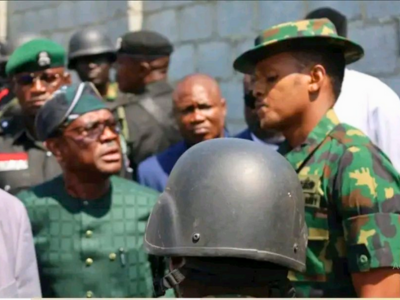

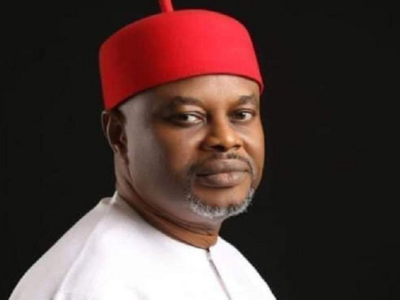



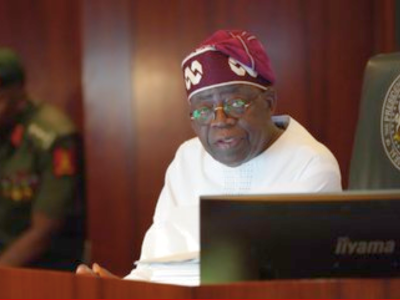


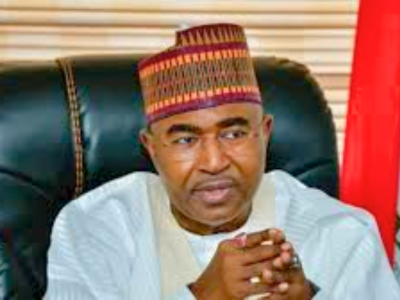
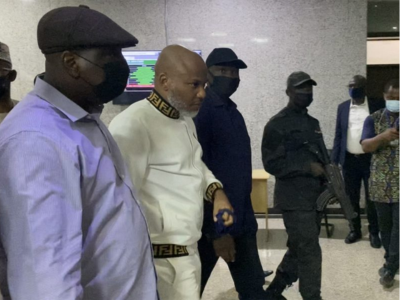
0 Comment(s)